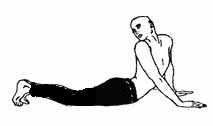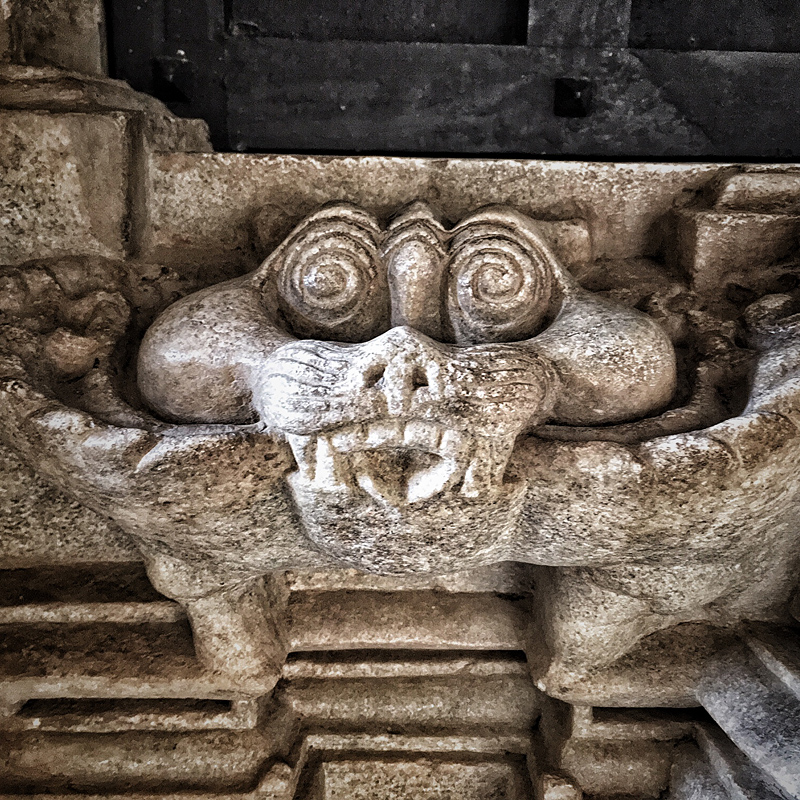large intestines
Yoga dictionary. Vritti
 More often than not, the mind is either in a state of experiencing the past or planning for the future. This forces a person to experience many times again the suffering already experienced in the past, or to worry about their future. All these actions of the mind are due to its fluctuation. The Yoga sutras of Patanjali deal with the concept of Vritti.
More often than not, the mind is either in a state of experiencing the past or planning for the future. This forces a person to experience many times again the suffering already experienced in the past, or to worry about their future. All these actions of the mind are due to its fluctuation. The Yoga sutras of Patanjali deal with the concept of Vritti.
Translated from Sanskrit “Vritti” means ‘excitement’, ‘hesitation’. A comparison may be made with a pond whose water is at rest. And in this case, it reflects the Moon. By the Moon one can understand objective reality, which, provided the mind is calm, is reflected in it without distortion. When the water begins to be affected by the wind, it begins to fluctuate, and the reflection of the moon becomes distorted. The water in the pond is the mind of the living entity, and by the wind one can mean just Vritti — its vibrations. And under the influence of Vritti, the mind begins to distort objective reality. That is the danger of such a thing as Vritti. Continue reading
Shankha Prakshalana – yogic practice of bowel cleansing (part 2)
 USEFUL “SIDE EFFECTS”
USEFUL “SIDE EFFECTS”
Many diseases are directly or indirectly associated with the accumulation of toxic waste in the intestines. Shankhaprakshalana removes all contaminants from the digestive tract and thereby helps cleanse the circulatory system. This leads to an amazing and very noticeable improvement in overall health, and also helps to get rid of specific ailments. In particular, shankhaprakshalana was useful in the treatment of allergies, diabetes, high acidity, constipation, dysentery, and many other diseases associated with unclean blood – for example, acne and furunculosis. The procedure also has a choleretic effect, cleanses the liver.
Those who feel good can also do shankhaprakshalana, because it can improve their health, allowing them to feel easier, more fun, and enjoy life more. In addition, it will help them think more clearly (again, through improved nutritional quality of blood flowing to the brain). Continue reading




